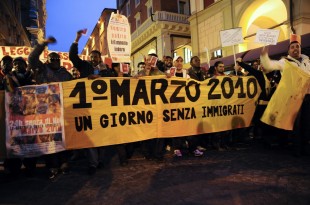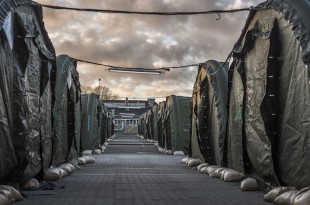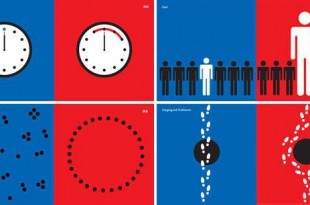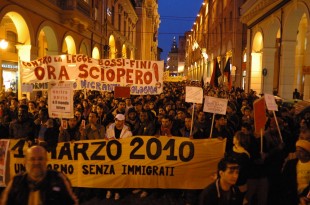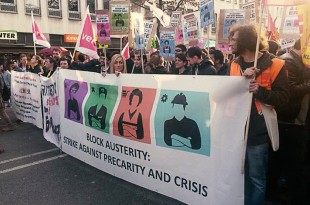→ ITALIAN The huge Spanish mobilizations in 2011, the coup that broke the dream of the Greek OXI in a night of July, the declaration of the state of emergency in France, the agreement between the EU and Turkey for the management of borders impose democracy as a rallying cry among the European movements. Many invoke it in order to restrain …
continua a leggereglobal di∫connections
March First: courses of action leading to an unexpected strike
by LUCA COBBE – GIORGIO GRAPPI → Italian At the Eve of the 1st of March 2016 against borders and precarization, thank to the comrades of trommons.org (lucipike, sara_portone, fravan561, P. Abzieher, A. Sarjanović), we publish the English translation of an essay on the strike of migrant labor of the 1st of March 2010, contained in the collection La normale eccezione. Lotte …
continua a leggereOn the border of wage. The real movement and the democratic dilemma
→ Italian More than the horrors of the battle of Aleppo, it was the pressure of thousands of migrants what finally imposed a fragile agreement over the war in Syria. The weeks spent in negotiating, the more or less explicit blackmails, the unspeakable deals concerning the Kurdish people, the money required and the money promised, the announcement of intervention by …
continua a leggereThe New Year’s Eve of patriarchy and the urgency of a feminist politics
by PAOLA RUDAN → IT On the New Year’s Eve, in Cologne, dozens of women were harassed, raped and robbed by dozens of men. According to current surveys, it appears that the attacks have not been concerted and planned; moreover, the «supposedly Arabs» which, according to preliminary reports, have committed those attacks were not, at least not all of them, …
continua a leggereThe same things come back. Europe and our strike against the misery of the present
→ Italian Together with many others we said again and again that Europe is the minimum field of struggle. In front of the states of emergency, of Daesh’ terrorism, of the declared or directly waged wars, after the recent elections in France it is as if we were captured in an endless European involution. It seems that the same things …
continua a leggereStrikers’ Charter
→ See the Italian translation on the website of the Coalition for the Social Strike We are the strikers: we are the precarious, the migrants, the industrial workers, the students that on November 14th 2014 went on strike together, challenging the divisions that produce our common condition of precarity. We are those who work on call paid with coupons per hour, we …
continua a leggerePaint it red. The order of war and our transnational disorder
→ Italian Today both the holy war and the democratic one claim to impose a principle of order. Both are dividing with precision the fronts, asking to line up in order to meet the established targets. To reject the order of war does not mean, though, to embrace pacifism. To repeat the experience of the great movement that, after the …
continua a leggereThe factory of differences. Work force, mobility and class struggle across the European borders
by DEVI SACCHETTO →Italian We publish an improved version of one of the introductory speeches of the workshop «Transformations of labor and transnational strike: new factory regime, precarization and changing composition of labor» organized by Worker’s Initiative (Poland), TIE (Germany), Angry Workers (UK), Precarious di∫connections (Italy) during the meeting for the Transnational social strike held in Poznan at the beginning of …
continua a leggereWorking people must achieve unity with the migrant workers
From the website Political Critique — Central and Eastern European Magazine of Politics and Culture, we publish an interview realized by Dawid Krawczyk after the meeting in Poznan with Paola Rudan – an activist involved in the project of theTransnational Social Strike and a member of Precarious Di∫connections and of the Coordinamento Migranti in Bologna, Italy. → See also the …
continua a leggereDiscussing the Transnational Social Strike
From the website of Worker’s Liberty, we publish an interview realized after the meeting in Poznan with Roberta Ferrari – an activist involved in the project of the Transnational Social Strike and a member of Precarious Di∫connections and of the Coordinamento Migranti in Bologna, Italy. *** What is the Transnational Social Strike project? What are its origins, and what are …
continua a leggere ∫connessioniprecarie connettere gli ∫connessi, produrre comunicazione
∫connessioniprecarie connettere gli ∫connessi, produrre comunicazione

